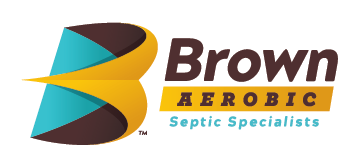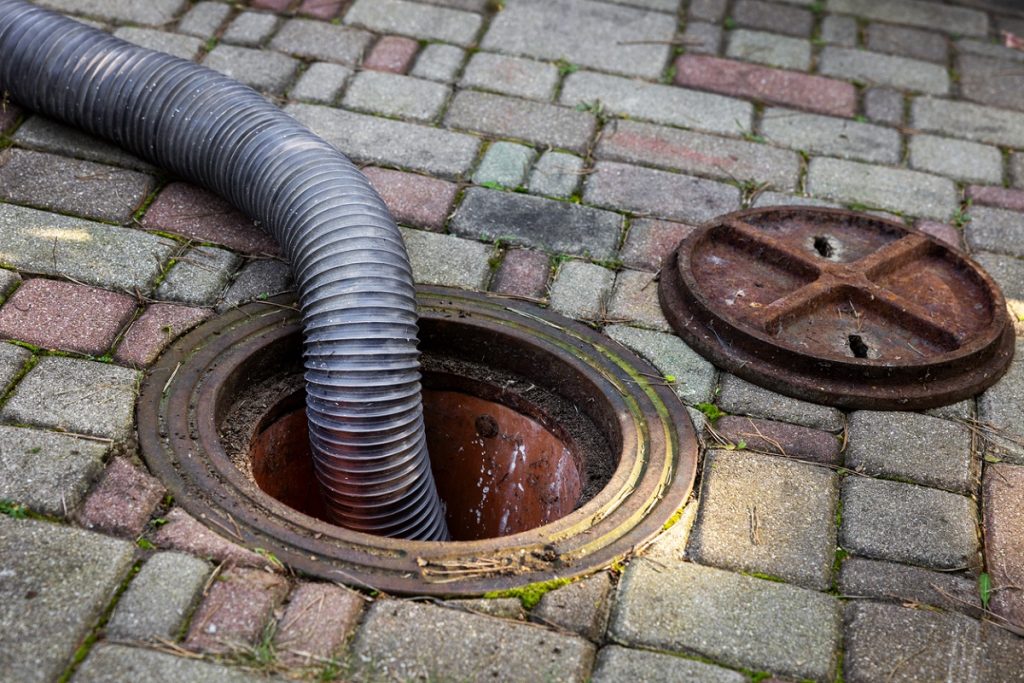If your property isn’t connected to a public sewer system, a septic tank system is a must. Unfortunately, traditional septic tank systems aren’t always the best option, and in some cases, they aren’t feasible. New trends in eco-friendly septic tank systems provide a solution to this problem.
Peat Biofilters
This eco-friendly system uses peat moss to filter waste. The peat moss contains beneficial bacteria that break down the sewage as it passes through. It’s a natural filter that removes impurities before releasing the waste into the soil. Peat biofilters are ideal for areas with poor soil conditions.
Constructed Wetlands
Constructed wetlands re-create the natural filtration process that wetlands provide. The system is constructed with a series of shallow wetland cells. Within these cells, plants and beneficial bacteria break down sewage. As with peat biofilters, constructed wetlands are natural filters that remove impurities from waste before releasing it, and they’re great for properties with poor soil conditions.
Recirculating Sand Filters
Recirculating sand filters reduce your impact on the environment by cleaning waste better than many other systems. Sand is used to filter sewage before it’s released into the soil. The waste is first filtered through the sand several times to make sure it’s thoroughly treated. This type of system is a wonderful option where traditional septic tank systems won’t work or in places with a high water table.
Evapotranspiration Systems
The evapotranspiration system is a good eco-friendly alternative if you have poor soil or a traditional septic system isn’t feasible. It uses plants to filter waste. Sewage travels through perforated pipes found under the plants. The plants absorb the waste and release it into the air through a process called transpiration. This is when a plant releases water vapor through its stomata.
Mound Systems
Mound systems utilize mounds of sand, soil, and gravel when filtering waste. Sewage is pumped from a septic tank into the top of a mound. It is then distributed through perforated pipes. The waste seeps out of these pipes and travels through the sand and gravel. From there, plants and beneficial bacteria break down the sewage.
Aerobic Treatment Systems
These systems use oxygen to break down waste. A traditional septic tank system uses anaerobic bacteria to do this while aerobic treatment systems rely on aeration. In simple terms, the growth of beneficial bacteria is encouraged, which is then used to effectively break down organic matter. As a result, you’ll have cleaner waste with fewer maintenance issues.
If your property isn’t suitable for a traditional septic tank system, or you want an eco-friendlier alternative, consider one of these trending alternatives. Call Brown Aerobic today for all of your septic tank installation needs in Houston, TX.

